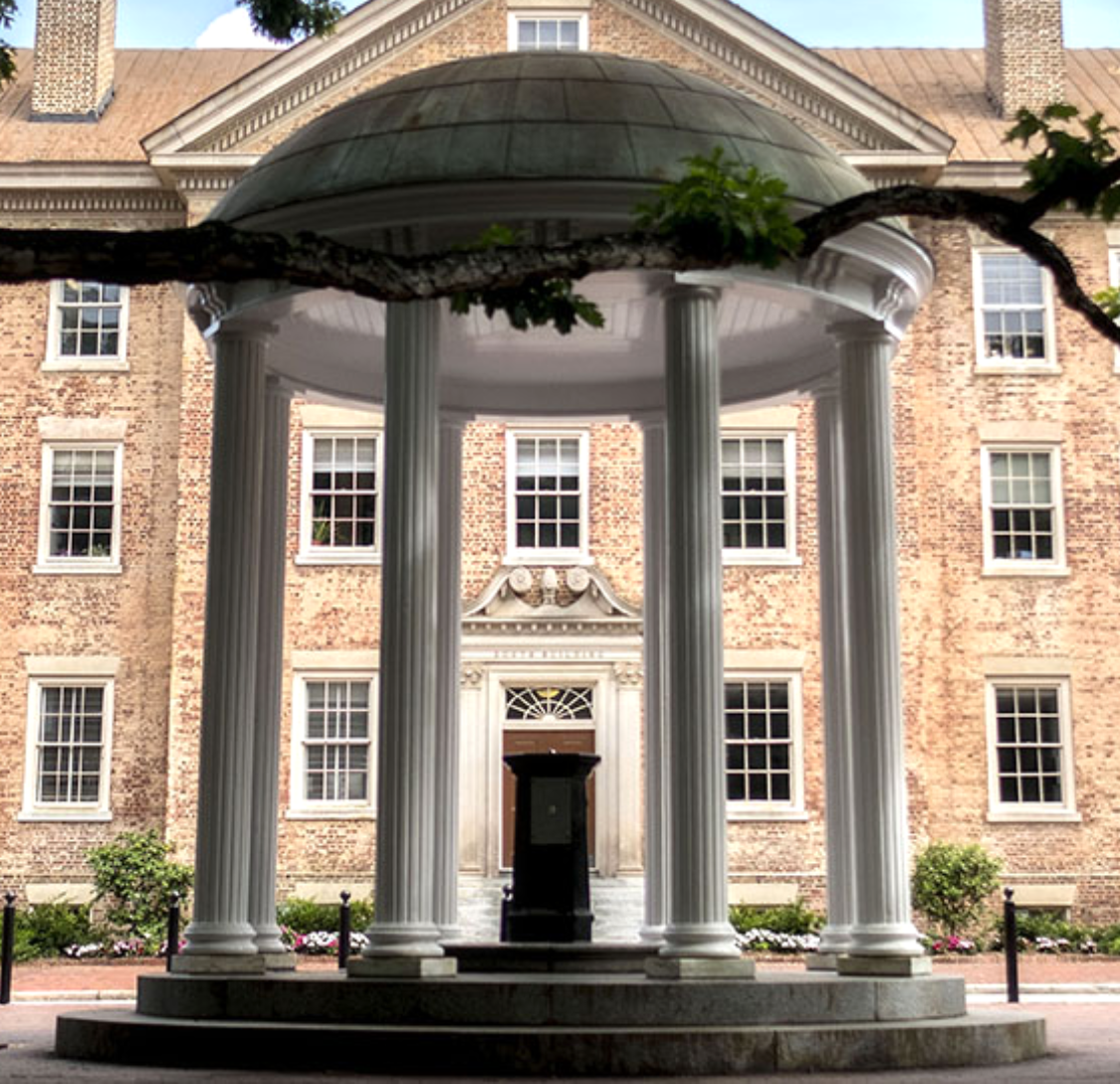The nomination period for this year’s Feenberg Memorial Medal is closed. The awardees have been announced here.
—
The Feenberg Medal is awarded for work that is firmly established and that can be demonstrated to have significantly advanced the field of many-body physics. While such impact may be easier to demonstrate for a nominee whose contributions span a considerable period of time than for a nominee who has made a single important contribution, both cases will be considered. The award may, in appropriate cases, be shared by up to three persons for a single or closely linked body of work.
The Eugene Feenberg Memorial Medal (or Feenberg Award) was established by the many-body physics community at the Third International Conference on Recent Progress in Many-Body Theories (RPMBT-3) in 1983 as a continuing memorial to Eugene Feenberg. It commemorates his wise stewardship of a field that penetrates into all branches of physics; his deep physical insights and great formal achievements; his dedicated service as teacher and mentor; and the exemplary integrity of his personal and professional life. The Feenberg Award thus serves to preserve the memory of the unique and enduring contributions of Eugene Feenberg to physics, especially to the foundations of nuclear physics and the microscopic quantum many-body physics of nuclei and quantum fluids.
The Eugene Feenberg Medal is awarded under the auspices of the International Advisory Committee of the series of International Conferences on Recent Progress in Many-Body Theories. The Feenberg Medal, first awarded in 1985, is designated for work that is firmly established and which can be demonstrated to have significantly advanced the field of many-body physics. The work considered can be accumulative contributions sustained over time, or a single important contribution. In appropriate cases, the award can be shared by as many as three people for a single body of work.
